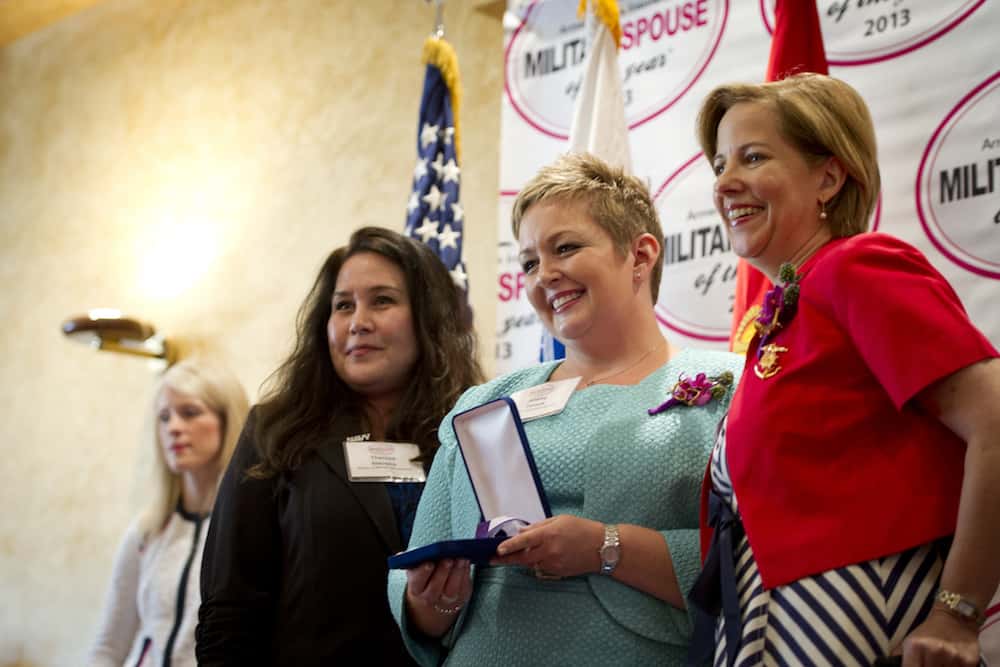A Q&A with Elisa Borah about this new joint effort of the Steve Hicks School of Social Work and Dell Medical School’s Department of Psychiatry

What is the Institute for Military & Veteran Family wellness?
The Institute for Military & Veteran Family Wellness is a joint effort of the Steve Hicks School of Social Work and the Dell Medical School’s Department of Psychiatry. The institute serves as a home-base where university researchers and community members can collaborate to determine effective care and develop and test programs and practices needed by service members, veterans, their caregivers, and their family members. In addition, the institute partners with experts to support the training of health care professionals, medical residents and graduate students in evidence-based treatments needed to care for military-connected individuals.
Why did you feel an institute like this was needed?
There was no interdisciplinary research center at The University of Texas at Austin that addressed the needs of military members, veterans and their families. Given our location in Central Texas — with Texas having the second highest veteran population in the country — and the quality of research that our university can bring, it seemed like this institute could really make a difference. We hope to attract more collaborators and funding to support the development and testing of effective practices to better serve this population, while also promoting training and education around existing evidence-based treatments.
How did the collaboration with Dell Medical school’s Department of Psychiatry come about?
I knew that the institute should be interdisciplinary to cover different areas of research and practice, and to complement what we are already doing at the Steve Hicks School of Social Work. When I met Drs. Val Rosen, Suzannah Creech and Justin Benzer — all of them Psychiatry faculty members conducting research and delivering care to veterans and family members — it felt like a perfect partnership. Dr. Strakowski, the chair of the Department of Psychiatry, was supportive from the first time I mentioned the idea. We also hope to include faculty from other schools and departments at the university who would like to join our institute as partners.
What are some of the institute’s ongoing initiatives?
We recently received two grants from the Texas Veteran + Family Alliance. One grant is for the Veteran Spouse Resilience program, a peer-support program led by trained veteran spouse peer facilitators. The other grant is for Veteran Couples Connect, a 12-week group program that provides Cognitive Behavioral Conjoint Therapy for Post Traumatic Stress Disorder (PTSD). These are new programs that we will evaluate to assess if they help to reduce PTSD symptoms, improve quality of life, reduce depression and increase self-care practices. We are partnering with the Central Texas Veteran Services Coalition, VA Caregiver Support Program, and the Samaritan Center to deliver the programs in several locations throughout the state.
What are some concrete ways in which community members can benefit from the institute?
Community members can get involved by visiting our website and learning about opportunities to join programs and get involved in research studies. In addition, for military and veteran spouses, we encourage them to join one of the institute’s initiatives, the Veteran Spouse Network, which is an online community of Texas veteran spouses who share resources and events related to supporting veteran spouses.
Five years from now, what do you hope the institute accomplished?
I hope we will have been able to conduct high quality research addressing gaps in care for military-connected families. We will also have supported effective implementation of new treatment and programming within community-based, VA and Department of Defense service settings to ensure that military-connected individuals are getting the best care we have to offer.


